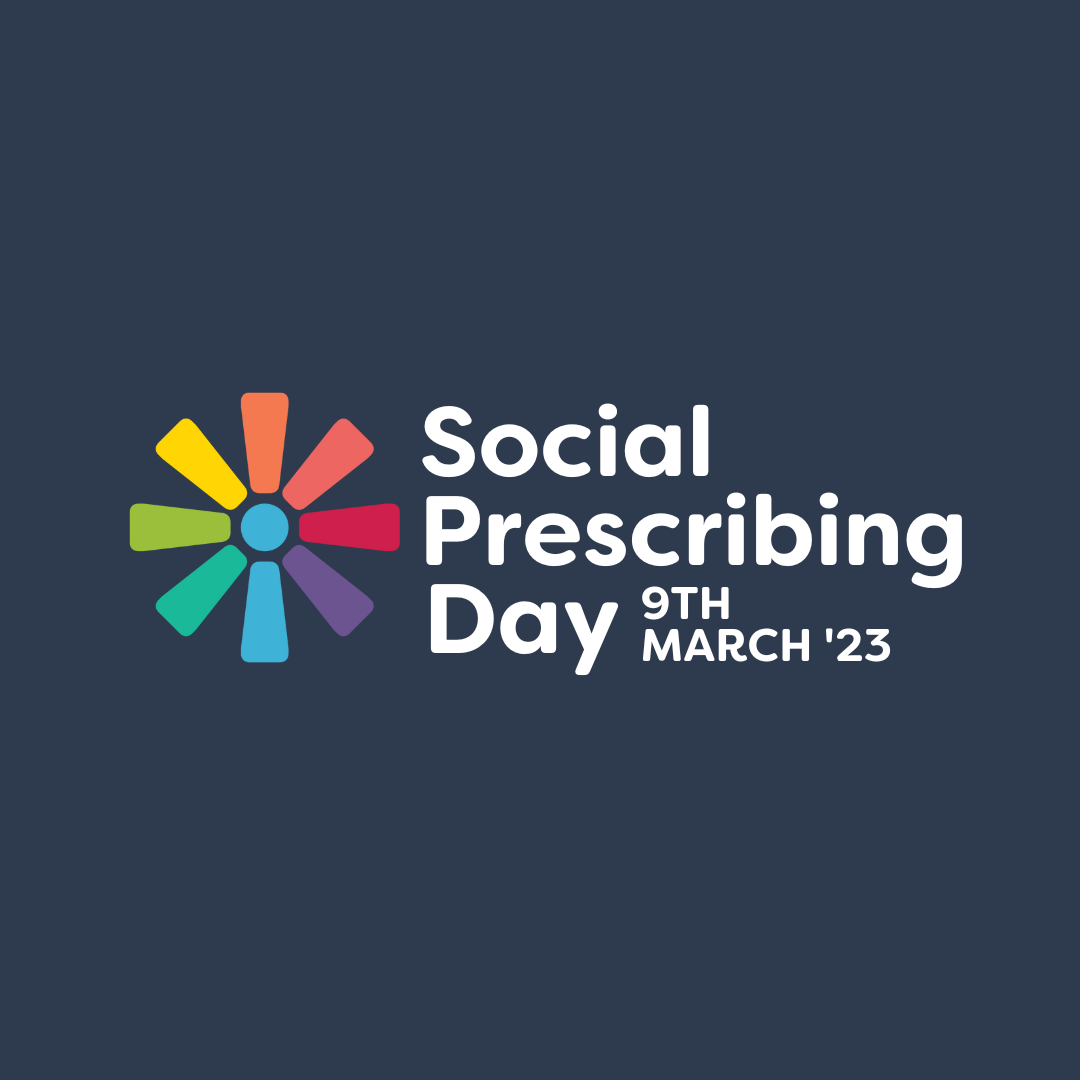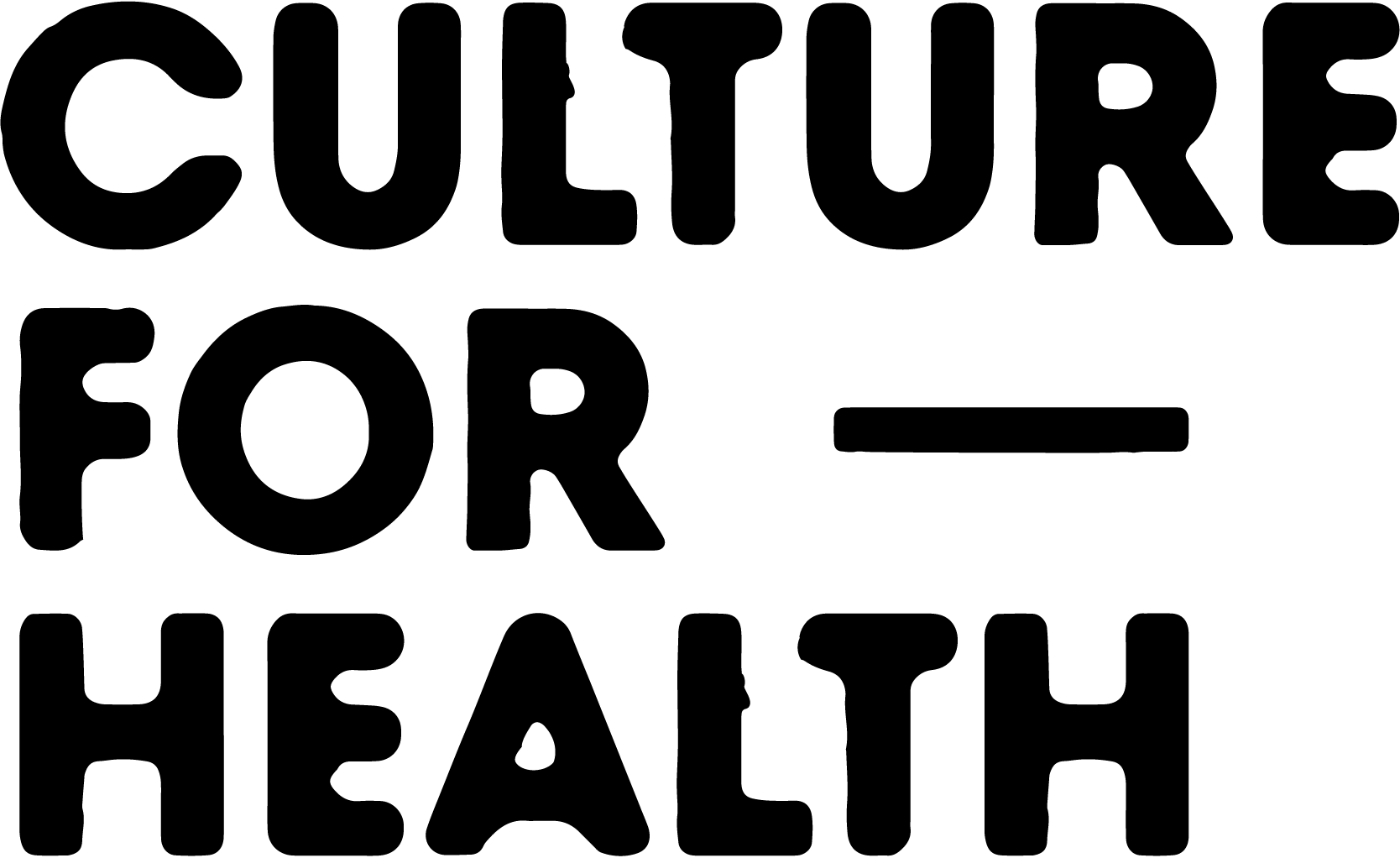Recognising the Importance of Community Activity
Julie believes that the well-being of our communities is not solely the responsibility of the National Health Service. Governments need to recognise that community activity, including the arts and culture, can play a critical role in promoting good health and well-being.
With many countries facing budget cuts, Julie stresses the importance of strengthening communities through a range of provisions that allow people to come together and engage in activities that promote well-being. This is where culture-based social prescribing can be useful demonstrating one way of developing culture and well-being in the communities.
"We were, and the organisation [Jack Drum Arts] still is, an organisation that is totally embedded in its community, that has a long history of engagement with the community and the community trust the organisation. And I think this has been really crucial to the success of the scheme in the way that we ran it."
- Julie Ward
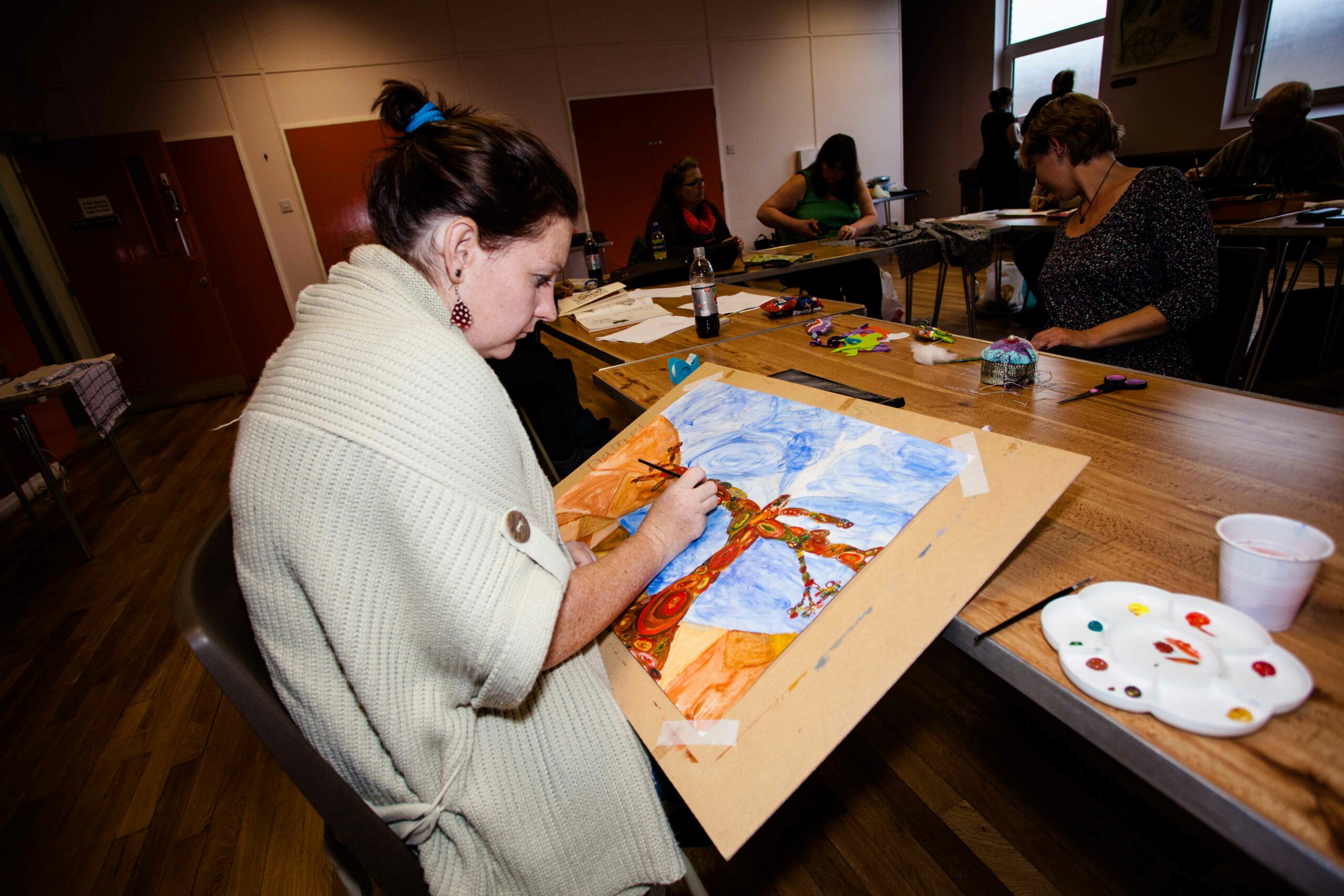

Culture-based Social Prescribing and Community Well-being
Social prescribing refers to a range of non-medical interventions, such as community activities and the arts, that healthcare providers can recommend to patients as a means of promoting their overall health and well-being.
For Julie Ward, culture-based social prescribing is a critical tool in promoting community well-being. By providing people with access to community activities, we can help them develop stronger social connections and build a sense of belonging, both of which are essential for maintaining good mental health.
Julie also highlights the need for governments to properly fund community organisations that already take care of people and their well-being. While culture-based social prescribing is a powerful tool for promoting community well-being, it requires government investment to ensure that communities have access to the resources they need to thrive.
“In Jack Drum Arts, we were already running participatory arts workshops with a wide variety of different people. We were working with people with long-term unemployment and young people struggling with teenage angst and anxiety and maybe their identity also – frankly – people struggling with life.”
- Julie Ward
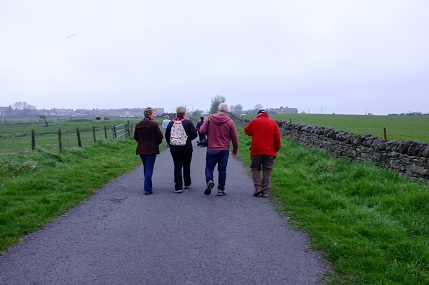
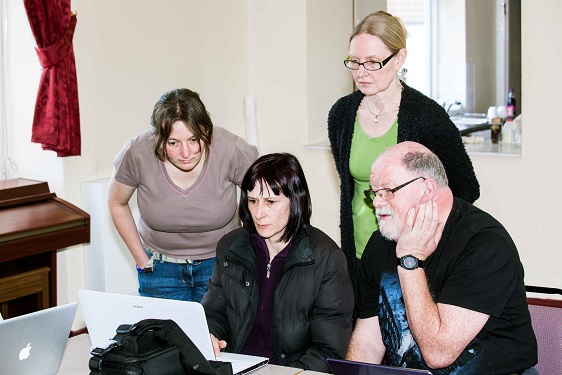
Challenges with Social Prescribing
Despite the many benefits of culture-based social prescribing, Julie Ward notes that there are some challenges to the approach. For example, the term "social prescribing" can be difficult to understand for some people. Instead, Julie suggests that we focus on the actual activities that culture-based social prescribing entails, such as community music or art workshops, to help people better understand the concept.
Additionally, Julie emphasises that social prescribing should not solely focus on training doctors and healthcare providers. While these individuals play an important role in recommending culture-based social prescribing interventions, the real focus should be on policymakers and those who hold the budgets.
"And yet, when the government sets budgets, the culture budget is usually the smallest, and in times of austerity, it is the first budget to be cut, and this is a very short term vision because what does it do? It immediately takes away and puts under pressure these human social services that people are relying on in order not to go to the doctor."
- Julie Ward
Celebrating Community Well-being
Finally, Julie Ward stresses the importance of celebrating community well-being and the role that culture can play to promote this. For Julie Ward, community well-being activities are about more than just going to the doctor for a social prescribing referral. Properly resourced activities run by trusted culture-based grassroots organisations can provide people with a sense of purpose and belonging, which are critical components of good mental health.
“It's about influencing the policymakers and celebrating the importance of being together in safe spaces, doing activities that make us feel good about ourselves. People are already benefiting. We don't need to persuade them. They're persuaded, right. They have the experience and maybe it saved their life, hey.”
- Julie Ward
As we move forward, it is essential that we continue to invest in community activities and culture-based social prescribing. By doing so, we can help promote community well-being and ensure that everyone has access to the resources they need to live happy and healthy lives.
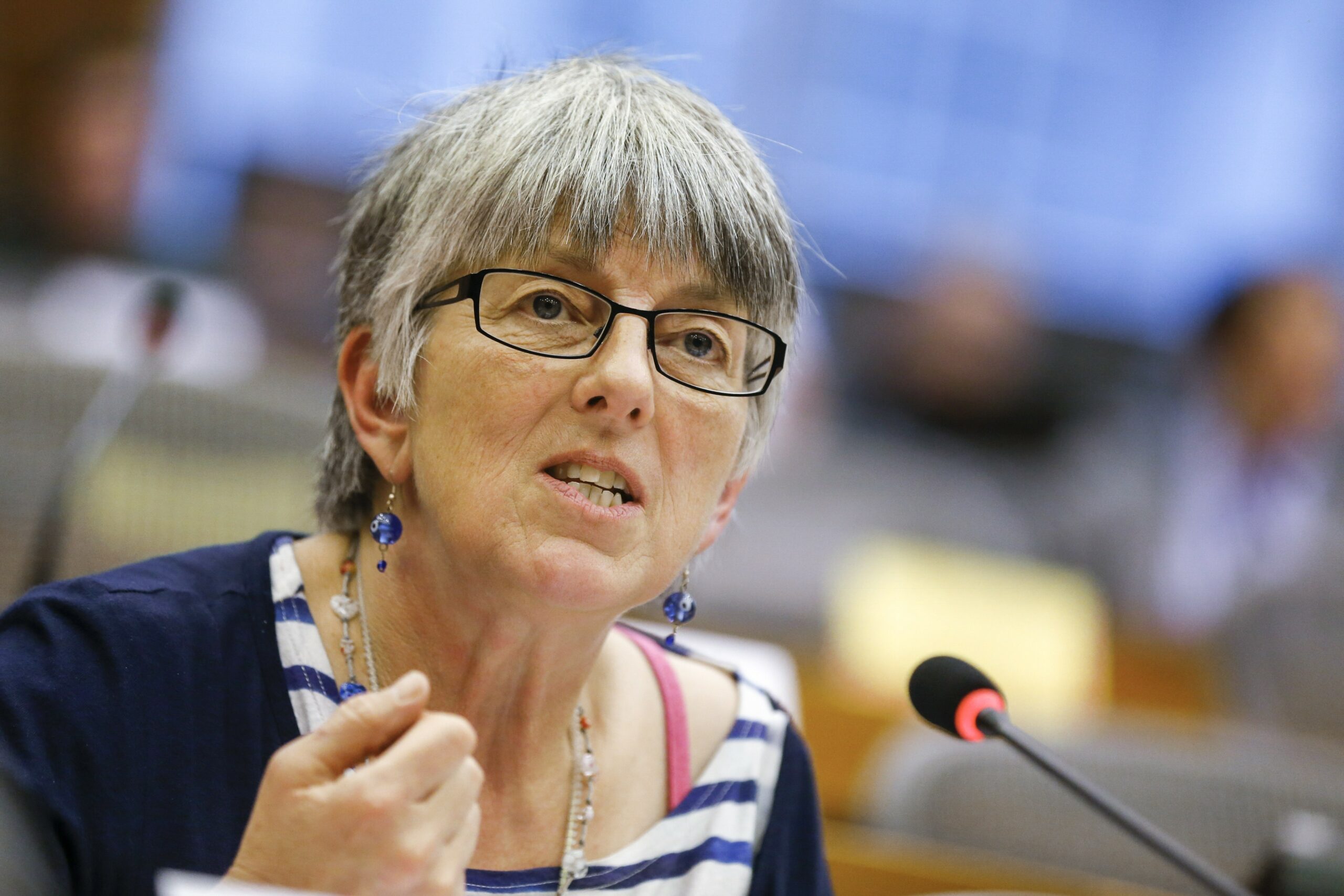
Julie Ward is a British politician and cultural activist who was a Member of the European Parliament for the Labour Party from 2014 to 2020. As an advocate for the arts and culture, Julie is a vocal supporter of using community activity as a means of promoting well-being and improving overall health outcomes.
In June 2023, CultureForHealth provides practical guidance for culture-based social prescribing with the launch of "Culture for Health and Well-being Compendium. A Guide for Practitioners".
Culture for Health and Well-being Compendium. A Guide for PractitionersThe CultureForHealth report shows that there is a clear need for increased cooperation between the health, cultural and social sectors. This is primarily due to the following two reasons. Firstly, the current health paradigm is focused on disease treatment, rather than on health promotion. Secondly, biomedical interventions rarely take into account the social determinants of health. Cultural interventions are particularly appropriate to
improving health and well-being as they are capable of supporting these two important but difficult shifts at the same time.
The purpose of the CultureForHealth Compendium is to transform the recognition of this potential into effective action.
In the CultureForHealth Compendium, you can
- Find out about how cultural interventions can support positive health and well-being outcomes
- Get inspired by the models of the CultureForHealth pilot projects (and more)
- Draw on guidance to equip your organisation for the journey towards a culture-based project for health
- Dive deeper into the topic through recommendations for further reading
22 June 2023 you can join a free, online webinar about the CultureForHealth Compendium. You can registre here
Reading more...
